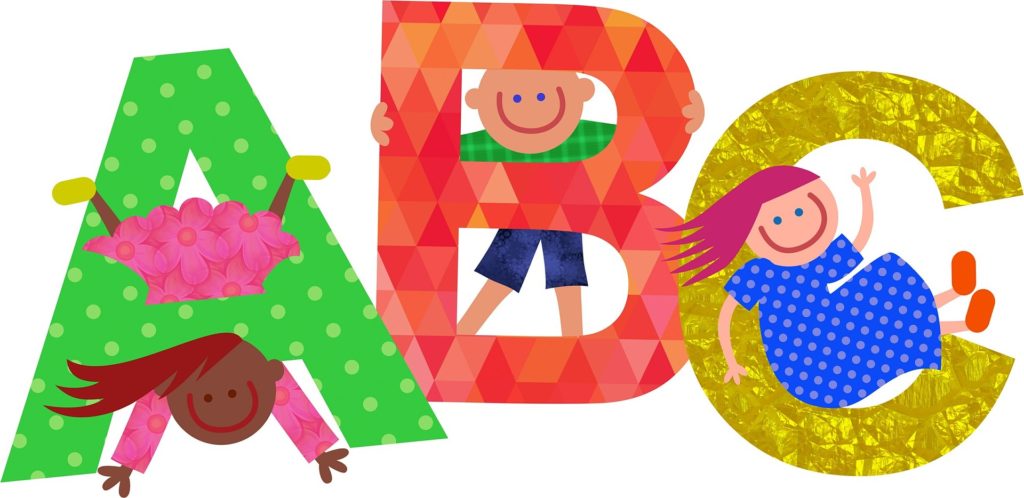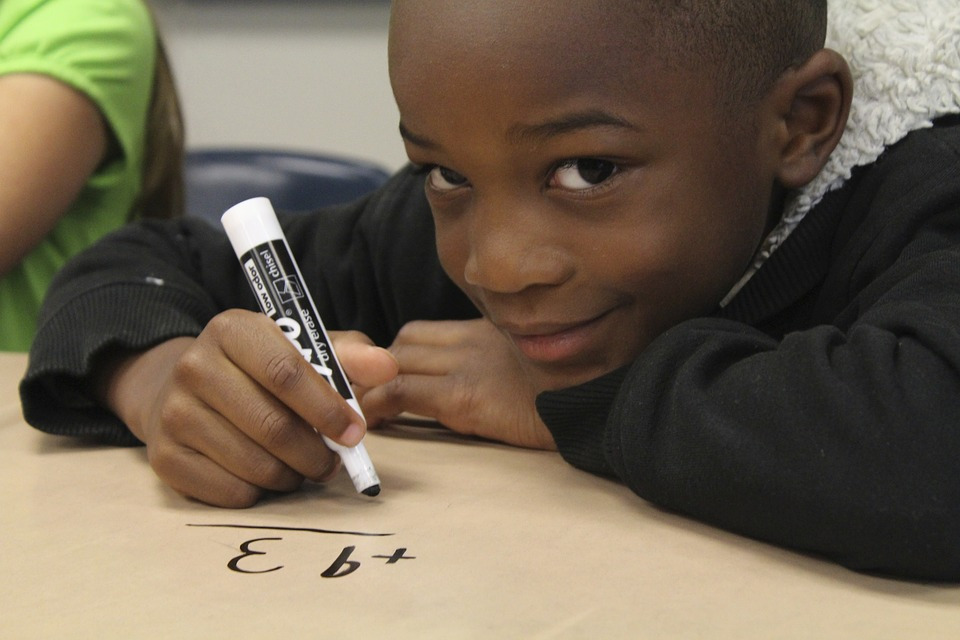
The students in Montessori school reveal enhanced social understanding, improved academic performance and also enjoy their schoolwork compared to the preschoolers from other schools. The patterns to be used during brain development in early childhood can help in predicting the life trajectories of a child. The programs promote children’s physical, social-emotional, and cognitive capacities through the development of self-directed activities.
Researchers from the Universities of Hartford, Virginia, and Connecticut, studied how the Montessori students were developing compared to the preschool students from other schools. Over a period of 3 years, researchers gave out same basic test sets to two student groups.
The researchers made the following conclusions with regards to the Montessori educational program.
Mastery Orientation
The students in Montessori school managed to show the mindset that is mastery-oriented by age 5 compared to the peers. The repetition encouragement of tasks to intrinsic satisfaction and point of mastery task, which is accompanied by the mastery, believed to be a critical factor in such result. The study shows that the Montessori educational programs can greatly increase children’s social, academic, and emotional performance without having to sacrifice their enjoyment in school. Researchers claimed that the Montessori’s educational programs are more effective than the educational philosophies at enhancing the performance of the children.
Theory of Mind
This refers to the ability of a person to interpret their emotional and mental states and that of other people. The classroom combination of limited available materials and ages in Montessori education were shown to create a learning environment with high advancement of children’s social competence.
Academic Achievement
Children at Montessori Preschool were able to excel in academic achievement and easily advanced across the years of the study compared to those in a control group. The researchers thought that the Montessori curriculum, programs, and environment were significant in achieving such results. Strikingly, the study claims that children from low-income families, who normally perform poorly, have same academic performance as those from higher-income backgrounds. The programs capitalize on the Children Ability to interact with the environment, giving them a better way of learning compared to the traditional way of ‘sitting and listening’ strategy.
School Enjoyment
The children in school exhibited a positive attitude towards the school’s academic strategies. The students demonstrated a liking attitude towards academic task compared to those in a control group showing that the academic objectives were achieved, but the student enjoyment was sacrificed. The researchers claimed that the ability to choose how to spend their time while at school positively affects their academic satisfaction and enjoyment.
The study reveals that Montessori education greatly boosts the academic results of children. Enhancing the optimal development of children is a critical social undertaking. The program embraced by Montessori have shown that focusing on the development of the whole development of the child through age-appropriate cognitive skills, social building, and emotional activities lead to better overall outcomes. The study suggests that the implementation of Montessori education could be a good way of helping the disadvantaged to enhance their academic performance.









